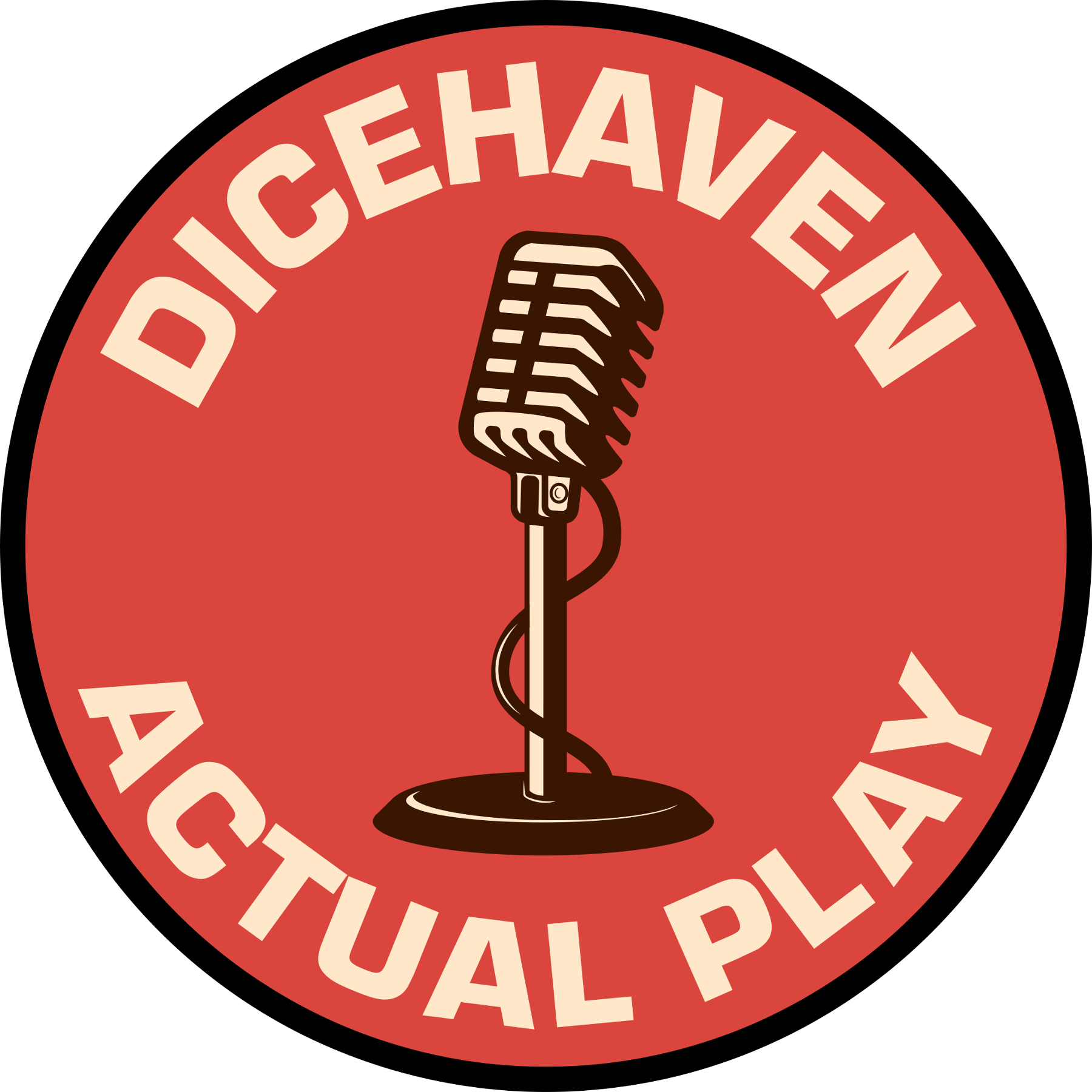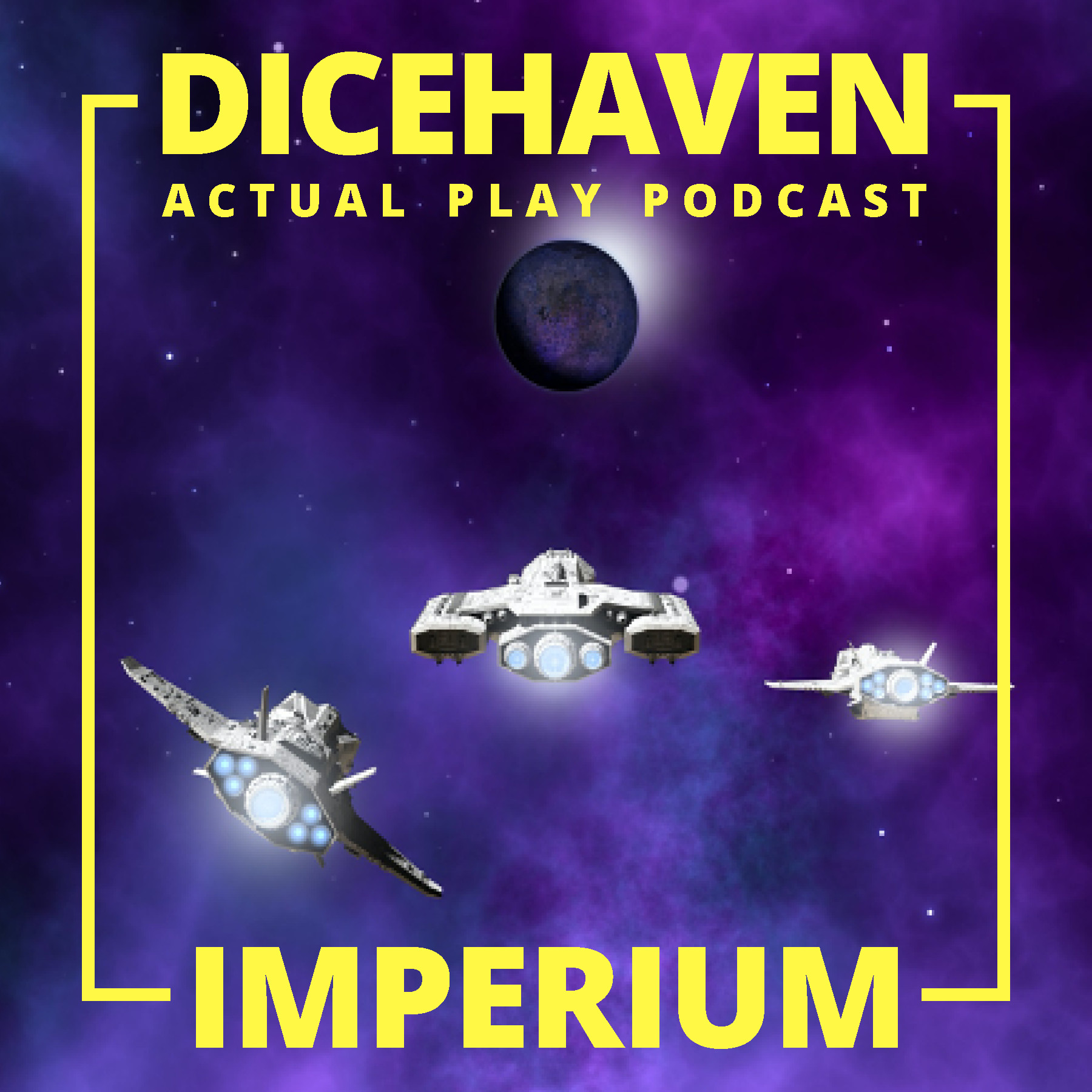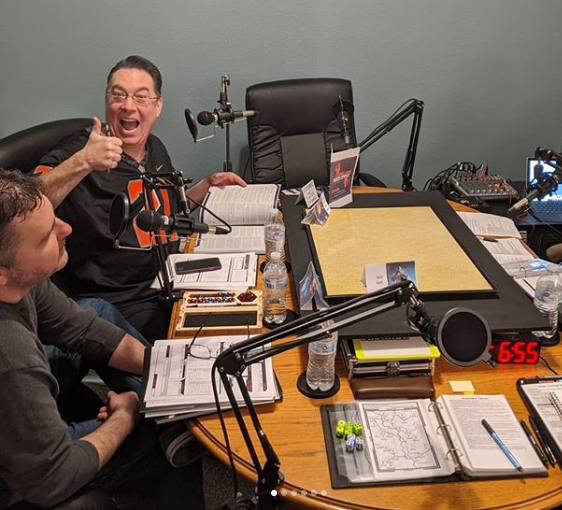A recap of a meeting between Jeff and Stan January 24, 2015 to review ways to improve the group and clarify our GM / Club Coordinator interaction model.
Steps to Improve Campaign Continuity
Looking back at the last 10 months since our group formed, about half our scheduled sessions either had a ShinnCon on that day, were cancelled because of conflicting holidays or RPG conventions, or changed to a one-shot due to low attendance (Stan’s idea of quorum was 4 players; with 3 players I would revert to a one shot).
We’d really like to increase the number of games that are actually campaign games. Here’s our current thinking:
- Add a 6th Player — This will help us more consistently have the sweet spot of 4-5 players.
- Consider Make-up Days — When we can’t run a game because of a Con or Holiday, let’s consider trying for a make-up date. If we can’t get quorum for the make-up day, then we’ll just not game, but hopefully we’ll get in a few more games this way.
- Move ShinnCon to Non-Conflicting Weekends — Originally I was scheduling ShinnCons to be on the same Saturdays as our normal games because a few players who wanted to attend had standing conflicts. I think this might no longer be the case. I’ll need to check with my wife but I think I may move ShinnCon V and following to be on different weekends so as not to conflict with the SaturdayNightDice games.
- Have Alternate Gaming Locations — If the host can’t host a game, we plan to have some alternate game locations lined up, but let’s still have someone run a game. The Starbucks at Target in Wylie is one option. I believe John and Jeff have also offered to host when needed.
- Run Longer-term Campaigns — Stan had a quorum of 4 players during many games. This was because in our short campaign of only 10 or so Dreadfall games, 3 or 4 or those games were key ‘milestone’ games where Stan really wanted 4 (or better yet 5) of our players present due to campaign story reason. With a longer campaign arc (say 1.5 to 2 years or more) you have fewer ‘milestone’ events where you need to strive to have most players present. Put another way, longer campaigns can be more episodic while still having great character and story arcs, whereas shorter campaigns are harder to keep as episodic games.
Consistent Attendance and Punctuality
We encourage consistent attendance and punctuality!
For the Saturday Night games, we have ‘doors open at 6pm’ as a buffer time — please try to get to the game early so we can start promptly at 6:30pm. 🙂
Club Coordinator vs. Game Group Leader
Here’s how I think of things. I’ve created a game club which runs somewhat like a small-scale Con. ‘Dicehaven’ has become the name of our game club. It has multiple GMs and multiple game groups, but mostly the same players in the two or three groups that might be running at any given time. So I’ve both hosted and largely GM’d the Saturday Night Dice biweekly game and the Dreadfall campaign. Now I’m turning the baton over to Jeff come March or so. So I will continue to host the game and continue to coordinate various club events like ShinnCon, but Jeff will be the GM and ‘own’ the saturday night game group once he takes the helm. So it’s sort of like me running a Con — I organize the venue and tables, but the GM of the table manages whatever house rules and social contract expectations as he sees fit.
As a generality, we have things like the Campaign Charter (a kickoff, ‘session 0’ game like we’ve done with Dreadfall) where we define our ‘Yes/No’ list and general game expectations, and surface any pet peeves and such. So you’ll see generally the same dynamic from campaign to campaign, and GM to GM, but any GM can tweak the game and social contract (with players consensus of course) to fit their campaign.
Whoever is running the core campaign for a venue of a game like ‘Saturday Night Dice’ will also make calls on running one-shots that deviate from the campaign, deal with any calendar issues, etc., although we’re all great friends and will all continue to contribute ideas and solutions to scheduling or other issues that may come up. Guest GMs may run a game, but the campaign GM is the Game Group Leader.
To recap the landscape today:
- Club Coordinator for Dicehaven.com Game Club: Stan
- Game Group Leader for SaturdayNightDice/Dreadfall: Stan
- Game Group Leader for ShinnCon/Traveller: Stan
- Game Group Leader for Ragnarok: Mason
And the landscape as of March/April:
- Club Coordinator for Dicehaven.com Game Club: Stan
- Game Group Leader for SaturdayNightDice/50 Fathoms: Jeff
- Game Group Leader for ShinnCon/Traveller: Robert E.
- Game Group Leader for Ragnarok: Mason
Social Contract
Each campaign should aspire to have something like a Campaign Charter with the key Yes/No questions and group norms. The Campaign Charter should be posted prominently in the gaming location (e.g. Stan’s game room). New players should review the Charter to make sure they adopt the group norms. (Side note: I had a long-running group that had a campaign charter but we didn’t keep it posted; we added a new guy and 3 months later the game group collapsed due to issues that the new player brought in, all solvable had we reviewed the Charter with the new player).
Process of Continuous Improvement
GMs should, from time to time, set aside time for feedback from the group. We’ll suggest a ‘Thorns, buds, roses’ technique like the Boy Scouts use — you review anything that bugs you (thorns), any areas of improvement (buds) and things you especially appreciate (roses). Ideally do it a month or two after a campaign kicks off at the end of a game.
Roll-Calls on Mondays; Final Rosters on Wednesdays
We discussed this earlier but I’ve been inconsistent on implementing this idea. The standard routine will be for the Game Group Leader to email the group on Mondays asking who can attend the coming Saturday’s game. By Wednesday, the Game Group Leader should text any stragglers who haven’t replied to get an answer. By Thursday the Game Group Leader should announce the final roster for the weekend game. If we need to game at an alternate location, run a one-shot and potentially add visiting players, do a board game, etc. the Game Group Leader will finalize this on Thursday so folks can have time to make and adjustments to their schedule.
Quorum is Defined by the Game Group Leader
Each Game Group Leader defines what is ‘quorum’ in terms of players needed to run a regular campaign game. For Saturday Night Dice’s 50 Fathoms game we’ll move up to having 6 players plus a GM with quorum will be 3 players.
The Game Group Leader should have some backup activities in mind when we don’t have quorum — perhaps a board game or a one-shot (perhaps including some guest players).
Cross-Campaign Decisions and Consensus Building
Some decisions — like home many players to have in the group — can impact future campaign dynamics, so we’ll socialize any such changes and get buy-in from players. For example, Stan’s not going to move up to having 8 players on Saturday Night when this would be outside Jeff’s comfort zone for his future campaign.



Leave a Reply